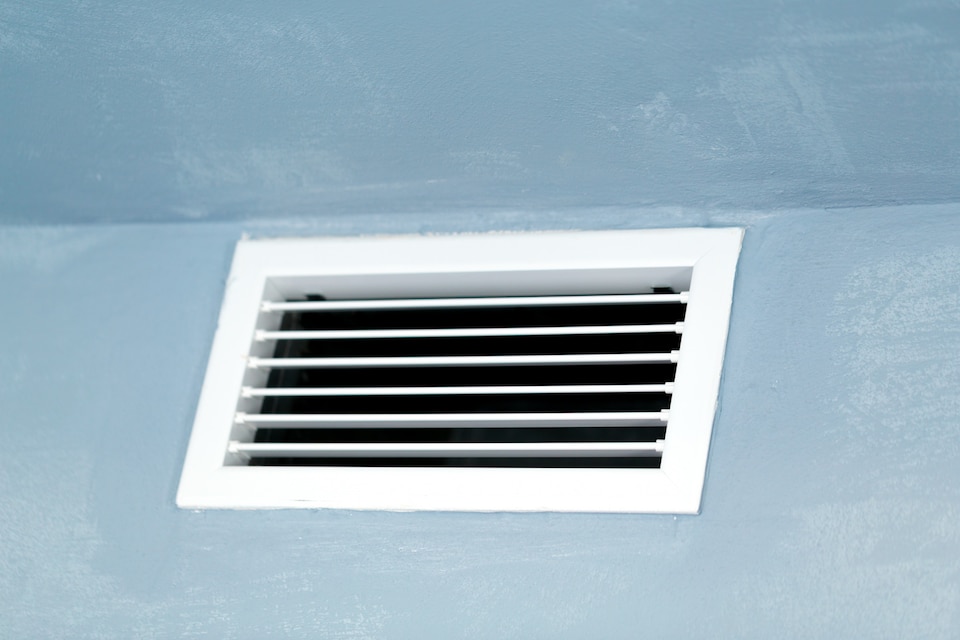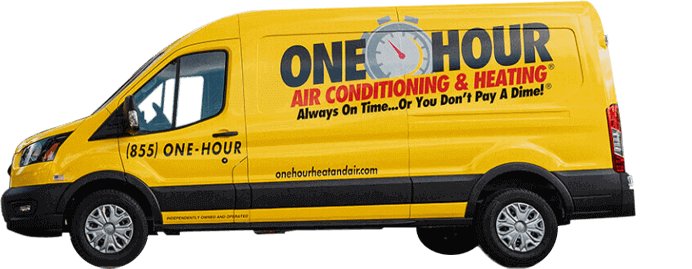Air filter replacement is a crucial aspect of maintaining your HVAC system. Over time, air filters collect dust, pollen, and other airborne particles. If left unchanged, these filters can become clogged, reducing the efficiency of your HVAC system and affecting indoor air quality.
Understanding the Importance of Air Filter Replacement
Air filter replacement is vital for maintaining your HVAC system’s performance. The primary function of air filters is to trap dust, pollen, and other airborne particles, preventing them from entering your home’s air supply. This keeps the air you breathe cleaner and healthier, reducing the risk of allergies and respiratory issues.
Clean air filters also enhance the efficiency of your HVAC system. When filters become clogged, they restrict airflow, making the system work harder to maintain the desired temperature. This increased effort leads to higher energy consumption, elevated utility bills, and more wear and tear on the system. By regularly replacing air filters, you ensure that your HVAC system operates smoothly and efficiently.
Moreover, neglected air filters can cause long-term damage. Dust and debris can accumulate in the system’s components, leading to malfunctions and expensive repairs. Routine air filter replacement helps prevent these issues, extending the life of your HVAC system and saving you money in the long run.
Determining the Right Replacement Frequency
Figuring out the right frequency for air filter replacement depends on several factors. One of the key considerations is the type of filter you are using. Basic fiberglass filters typically need to be replaced every 30 days, while pleated filters can last up to 90 days. High-efficiency filters might last even longer, but it’s essential to check the manufacturer’s recommendations.
Household conditions also impact the replacement schedule. Homes with pets should replace filters more frequently due to pet hair and dander. Similarly, households with allergy sufferers or smokers may require more frequent changes to maintain optimal air quality. If you live in an area with high levels of dust or pollution, you’ll need to replace filters more often.
Regular inspections can help determine if an air filter needs replacement. Visual checks allow you to see if the filter appears dirty or clogged. Additionally, reduced airflow from vents is a sign that it might be time for a new filter. By understanding these factors, you can establish a replacement schedule that keeps your HVAC system running efficiently and ensures a healthy indoor environment.
Best Practices for Replacing Air Filters
Following best practices ensures optimal performance and longevity of your HVAC system. Here are some key steps to follow when replacing air filters:
1. Turn Off the System: Always turn off your HVAC system before removing the old filter. This prevents unfiltered air from circulating in your home.
2. Locate the Filter: Common locations include behind the return air grille, inside the air handler, or in a slot on the side of the furnace.
3. Remove the Old Filter: Carefully take out the old filter. If it appears clogged or dirty, dispose of it immediately.
4. Inspect the New Filter: Check the new filter for any damage. Ensure you have the right size and type recommended by your HVAC system’s manufacturer.
5. Install the New Filter: Align the arrows on the filter with the airflow direction indicated by your system. Insert the filter securely to avoid gaps.
6. Make a Schedule: Mark your calendar with the next replacement date. Regular reminders help maintain your replacement schedule.
By following these practices, you maintain the efficiency and reliability of your HVAC system. Clean air filters contribute to better indoor air quality and reduce the need for repairs.
Choosing the Right Air Filter for Your HVAC System
Selecting the right air filter is crucial for performance and air quality. Here are factors to consider when choosing an air filter:
1. Filter Type:
– Fiberglass Filters: Economical but less effective at trapping small particles.
– Pleated Filters: Offer better filtration due to larger surface area.
– HEPA Filters: High-efficiency filters that capture very fine particles.
2. Filter Size:
– Ensure you choose the correct size for your HVAC system. The wrong size can compromise efficiency and allow unfiltered air to pass through.
3. MERV Rating:
– MERV (Minimum Efficiency Reporting Value) rates filter effectiveness. Higher ratings capture smaller particles but may reduce airflow. Choose a rating appropriate for your system’s specifications.
4. Manufacturer’s Recommendations:
– Always consider the guidance of your HVAC system’s manufacturer. Using recommended filters ensures compatibility and optimal performance.
5. Personal Needs:
– If you have pets or family members with allergies, select a filter designed to capture pet dander and allergens effectively.
Understanding these factors helps you choose a filter that meets your system’s needs and your indoor air quality requirements. Proper selection ensures your HVAC system operates efficiently and maintains a healthy environment.
Conclusion
Regular air filter replacement is essential for maintaining a clean and efficient HVAC system. Understanding the importance, determining the correct replacement frequency, and following best practices ensure your system runs smoothly. Choosing the right filter tailored to your needs further enhances performance and indoor air quality.
By adhering to these guidelines, you maintain a comfortable and healthy living environment. Neglecting air filter replacement can lead to various problems, including increased energy bills and costly repairs. Regular maintenance, on the other hand, extends the life of your HVAC system while providing a healthier home.
For expert assistance in air filter replacement services in Rockwall, TX, trust us at One Hour Heating & Air Conditioning. Our professionals are ready to help you ensure your system operates at peak performance. Contact us today to schedule your service and experience the benefits of a well-maintained HVAC system!











